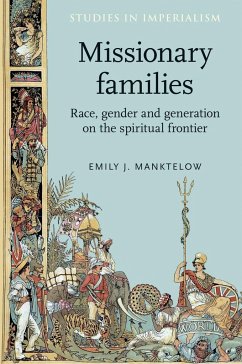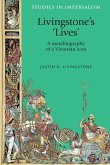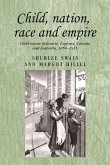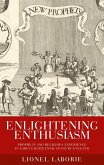Missionary families presents an innovative argument for the significance of missionaries' familial relations in the philosophy, conduct and outcomes of mission work during the nineteenth century. With regional anchors in London, the Pacific and southern Africa, it uses both the personal writings of individual missionaries and the institutional records of the London Missionary Society to argue that the history of Christian mission can be redrawn. Bringing together cultural, postcolonial and gendered approaches to history, Manktelow explores missionary marriage, parenting and childhood; issues such as life-cycle, life-stage and generation; and the interplay between discourses of difference mediated by both everyday interaction and complex cultural ideologies. Focusing on gendered identities of both male and female missionaries and how these impacted upon such things as professionalism on the one hand, and personal interaction on the other, overall this volume reflects upon the ways in which the institutional hub of the enterprise in London reacted to and dealt with the formal consequences of private lives. It concludes that missionary families had a profound impact upon the ideology and practice of Christian mission - and that mission history can no longer be written without attention to the personal, the intimate, and the affective aspects of missionary lives. Attractive to academics and students alike, this book brings a fresh perspective to the history of Christian mission, and contributes to debates in the history of religion, imperialism and gender.
Hinweis: Dieser Artikel kann nur an eine deutsche Lieferadresse ausgeliefert werden.
Hinweis: Dieser Artikel kann nur an eine deutsche Lieferadresse ausgeliefert werden.








